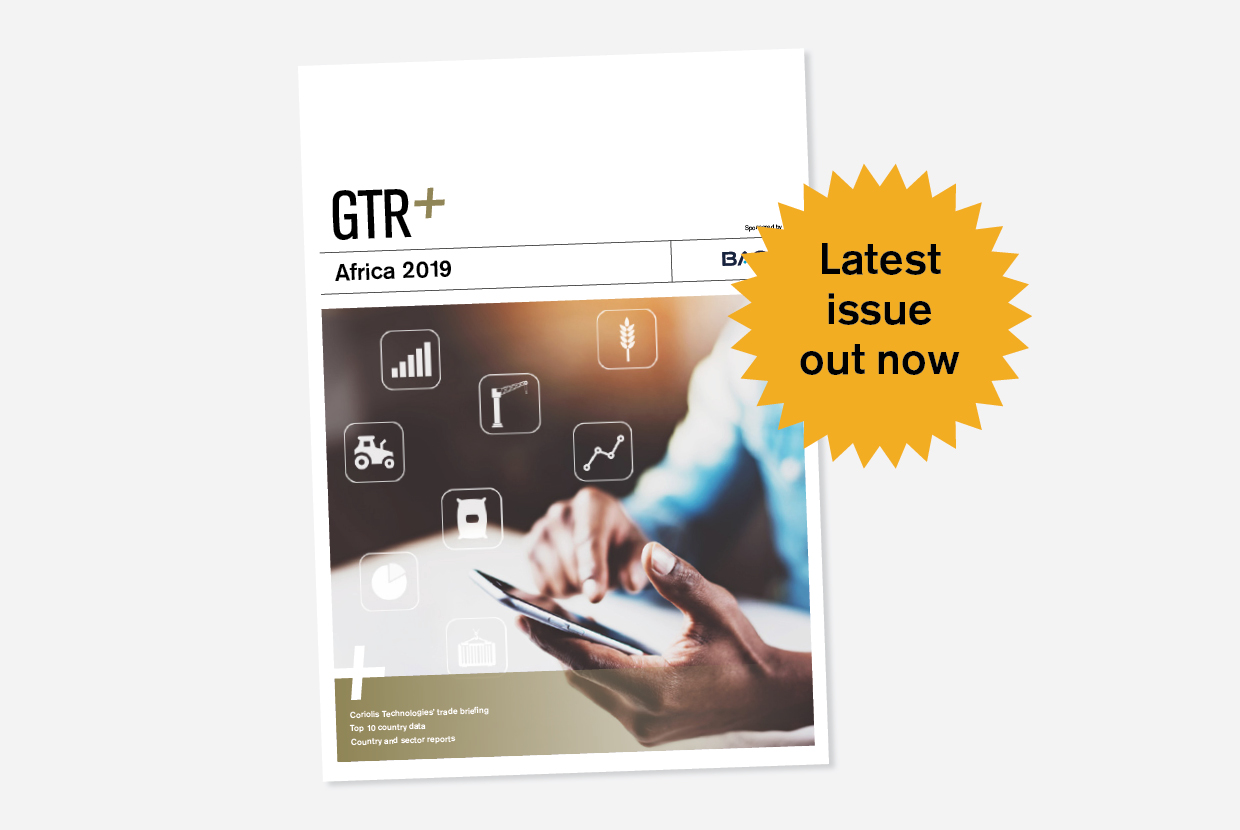Africa’s funding gap – estimated to be in the region of US$120bn – is well-documented. It is widely recognised that the issue stems from several factors affecting SME borrowers in particular, including a lack of verifiable historical financial information, an absence of credit history, changes in global banking regulations and a reduction in institutions supporting lending. Many will also be familiar with the plethora of alternative financiers and tech companies that have stepped in over the last few years to try and tackle some of these problems, some of which are profiled in this publication.
Perhaps less recognised, but equally fundamental to Africa’s long-term economic success, is the continent’s information gap.
The president of the African Export-Import Bank (Afreximbank) Benedict Oramah has long purported that the lack of trade information is one of the biggest problems facing intra-regional trade, necessary to nourish Africa’s economic growth. “The average African businessman does not view another African country as a market,” he told GTR last year. “For example, Kenya today imports certain kinds of leather from outside Africa, which can be sourced in Burundi. Egypt imports meat from outside of Africa – but Chad produces a lot of that kind of meat.”
Thankfully there have been a number of initiatives of late to address this information mismatch.
The much-lauded African Continental Free Trade Area is certainly the most high-profile project on the horizon, and Afreximbank predicts that the value of intra-Africa trade could jump from US$170bn to US$400bn a year if the agreement is successful.
For its part, Afreximbank has been leading the charge on a number of ambitious projects to bridge the continent’s trade information gap. Last year it launched Mansa, a digital platform which provides primary data required for financial institutions to conduct customer due diligence and know your customer checks on counterparties in Africa. The bank has also been working on its new Pan-African Payment and Settlement System to facilitate payments for goods and services in local currencies. More recently, but with no formal announcement as yet, GTR has learned that Afreximbank is also building a Trade Information Portal, an information-rich repository of products tailored for importers and exporters looking to access African markets or expand existing operations across the continent.
It is hoped that initiatives such as these will go a long way to improving access to market information, stimulating intra-African trade, and ultimately facilitating intra-regional trade finance and investment.
For our own part, through this annual GTR+ Africa publication we continue to do our bit to plug the data gap that exists in the rest of the world when it comes to engaging in trade and trade finance on the continent.







